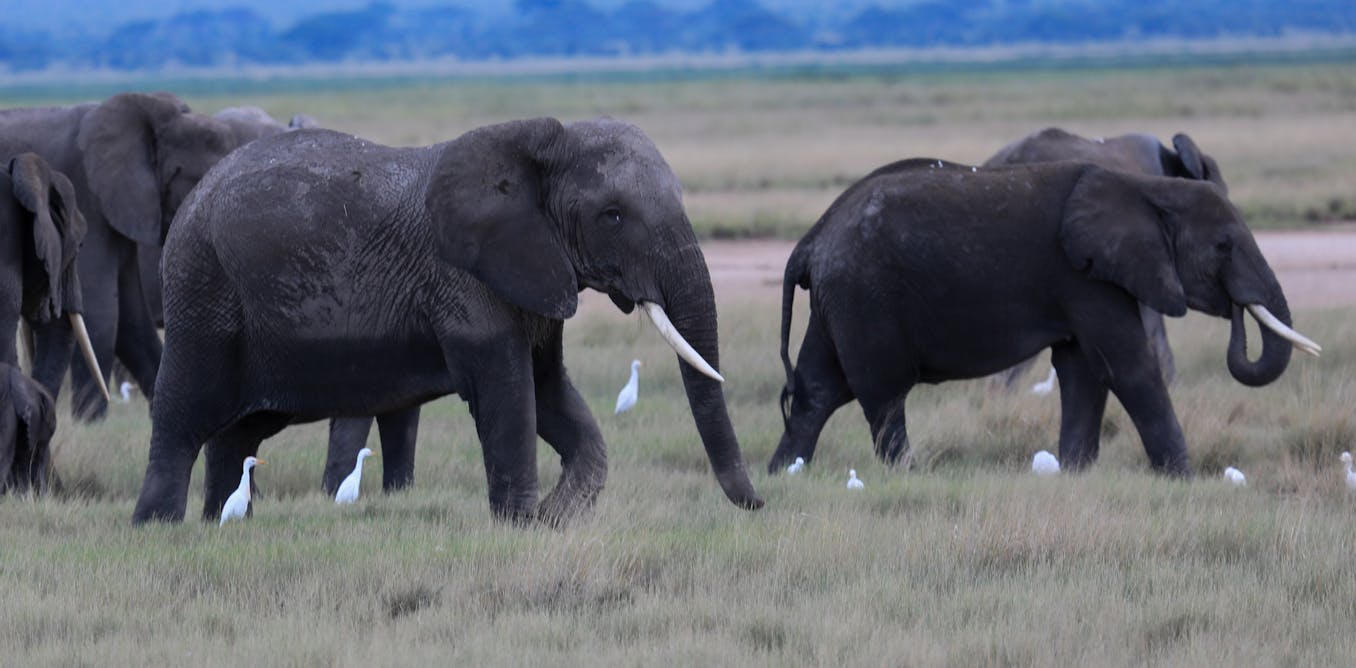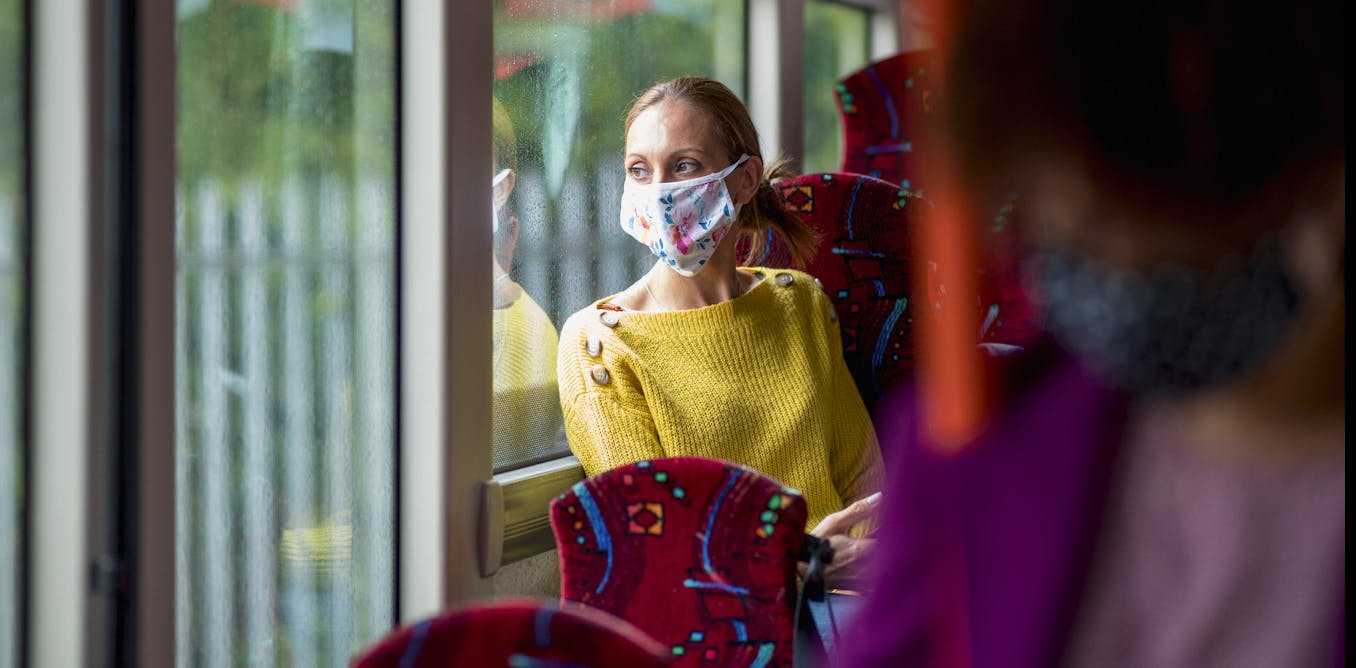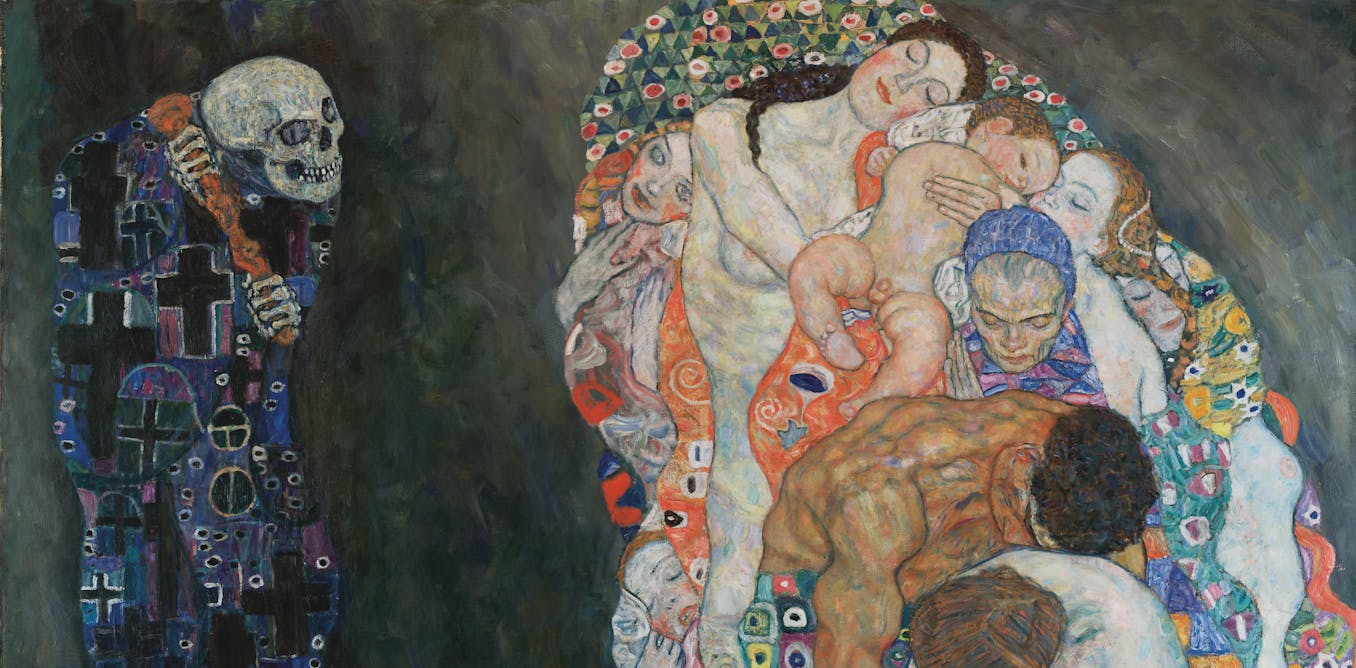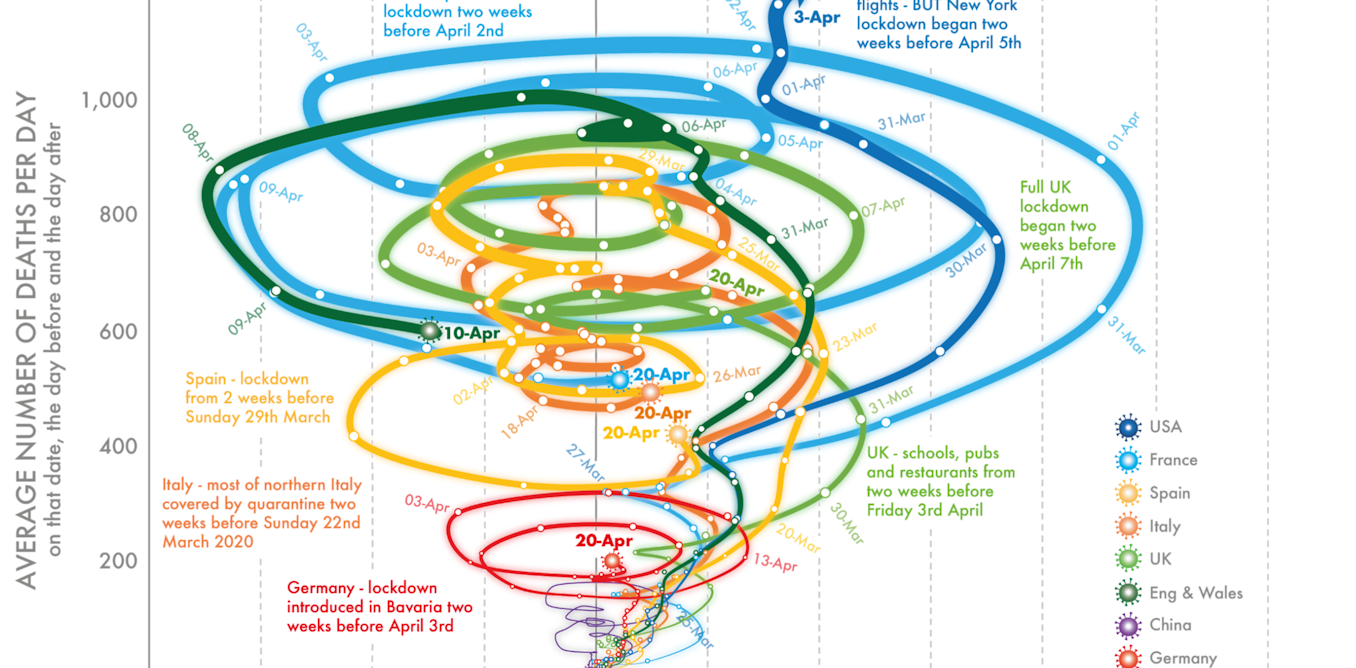Two gaps to fill for the 2021-2022 winter wave of COVID-19 cases
The US was not ready for the coronavirus pandemic in 2020. What can public health leaders and policymakers do to make sure we don't face another winter of rampant disease?
March 3, 2021 • ~9 min
From permafrost microbes to survivor songbirds – research projects are also victims of COVID-19 pandemic
Three scientists describe the fieldwork they've had to delay in 2020 because of the pandemic. These are setbacks not just for their careers, but for the body of scientific knowledge.
Dec. 7, 2020 • ~10 min
Delinquent electric bills from the pandemic are coming due – who will pay them?
Many Americans have been unable to pay their electric bills during the COVID-19 pandemic, racking up billions of dollars in delinquent bills. Where will the money come from?
Nov. 6, 2020 • ~9 min
How do pandemics end? History suggests diseases fade but are almost never truly gone
As ready as you are to be done with COVID-19, it's not going anywhere soon. A historian of disease describes how once a pathogen emerges, it's usually here to stay.
Oct. 14, 2020 • ~9 min
One small part of a human antibody has the potential to work as a drug for both prevention and therapy of COVID-19
Antibodies are great for neutralizing viruses. But they are big and bulky. Antibody engineers are now creating smaller synthetic antibody-like molecules that may be better for fighting COVID-19.
Oct. 1, 2020 • ~9 min
SARS-CoV-2 infection can block pain, opening up unexpected new possibilities for research into pain relief medication
The SARS-CoV-2 virus usually infects the body via the ACE2 protein. But there is another entry point that allows the virus to infect the nervous system and block pain perception.
Sept. 21, 2020 • ~8 min
Coronavirus reminds you of death – and amplifies your core values, both bad and good
It's human nature to try to insulate yourself from the unpleasant realization that death comes for all of us eventually.
May 21, 2020 • ~9 min
Three charts that show where the coronavirus death rate is heading
Three graphs of mortality data tell the story of the direction the UK and the world are heading in after the peak of the coronavirus outbreak.
April 27, 2020 • ~6 min
/
7







